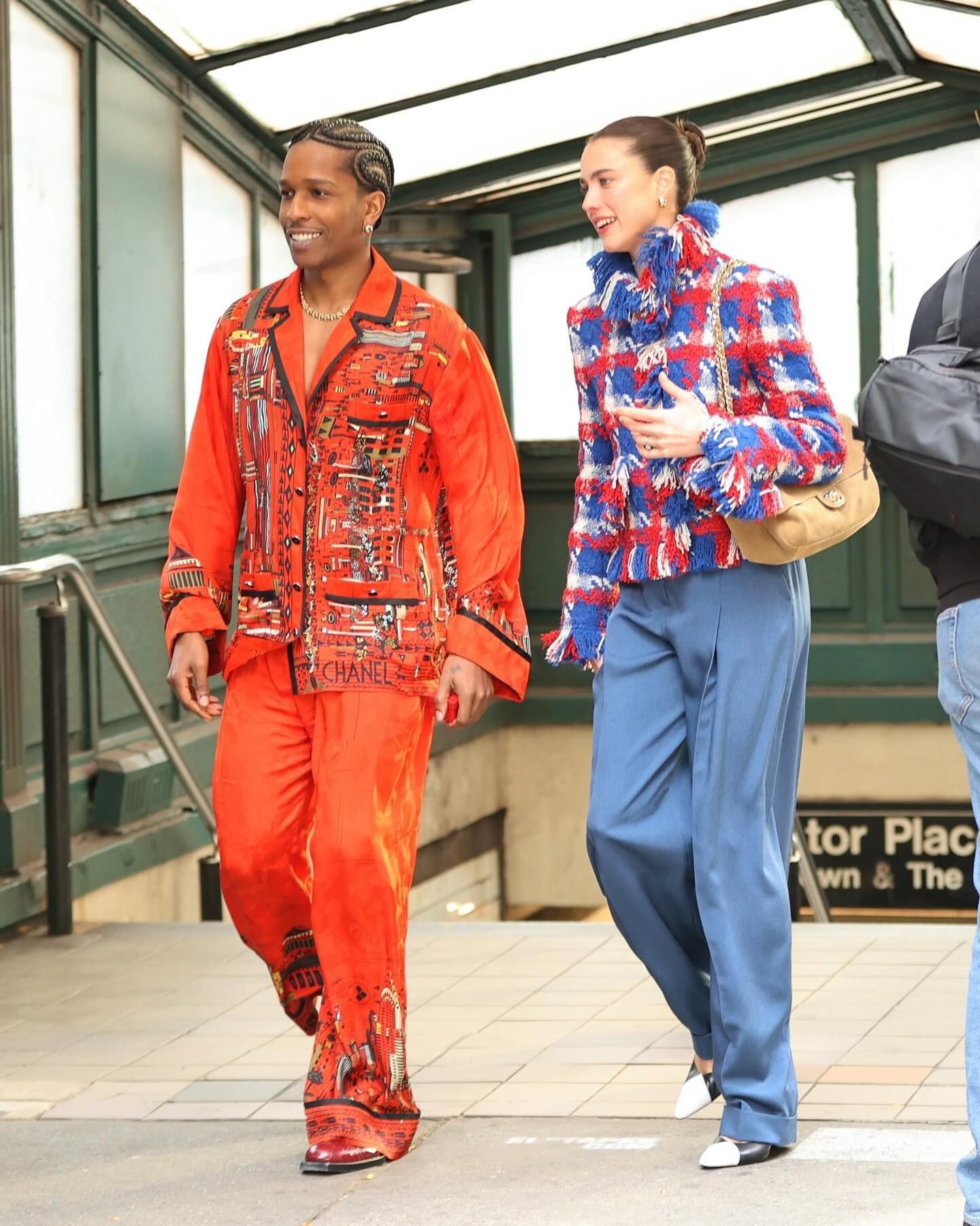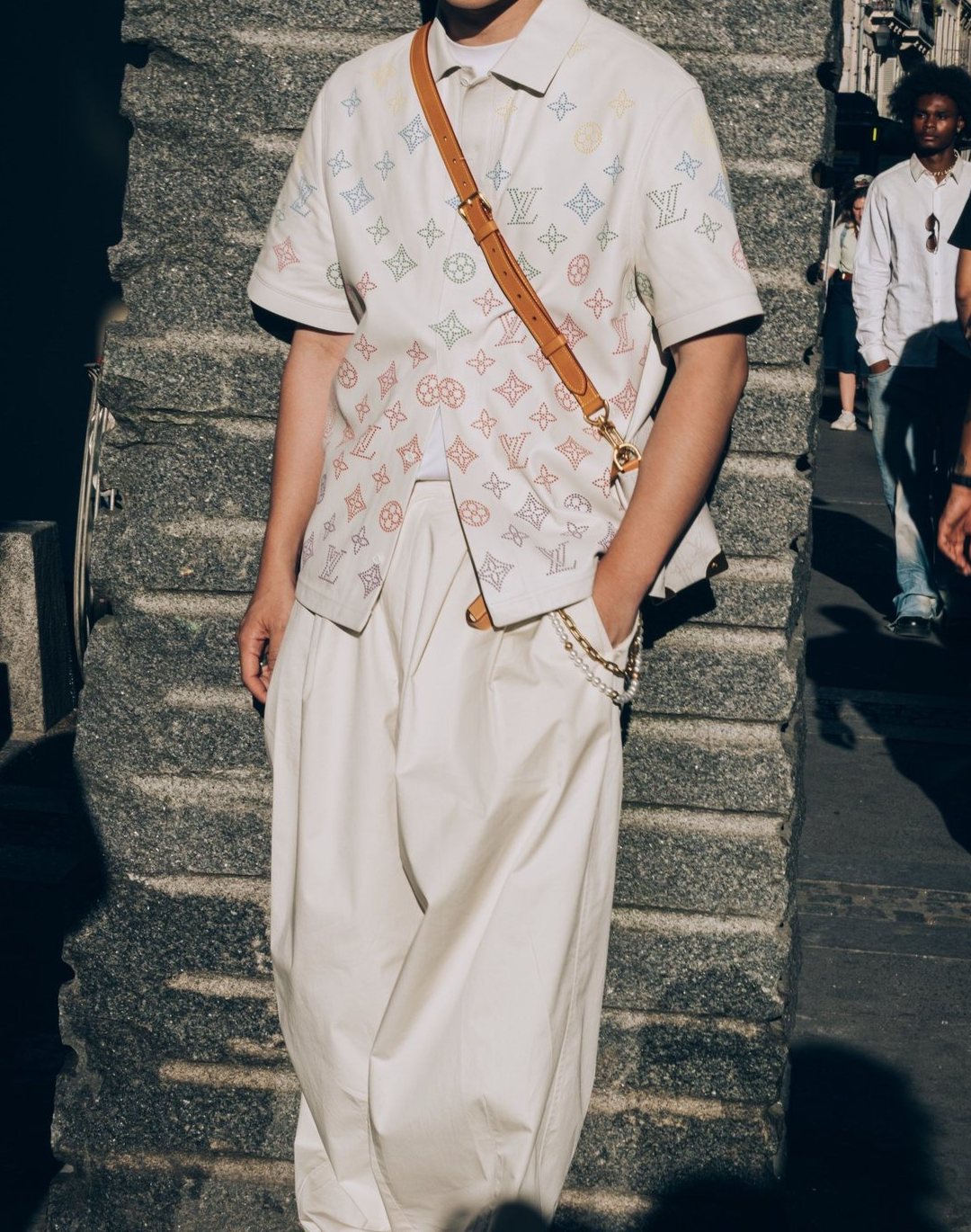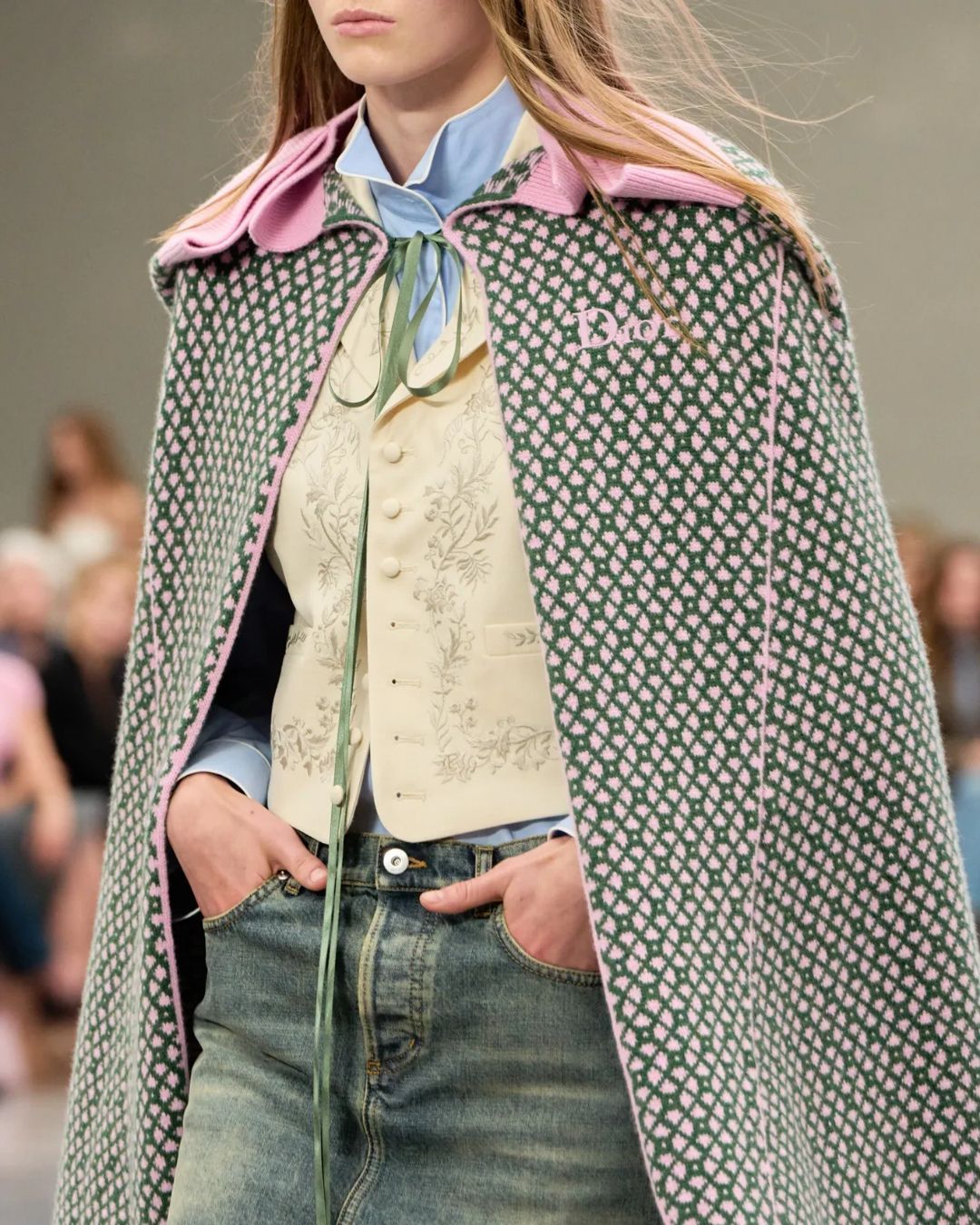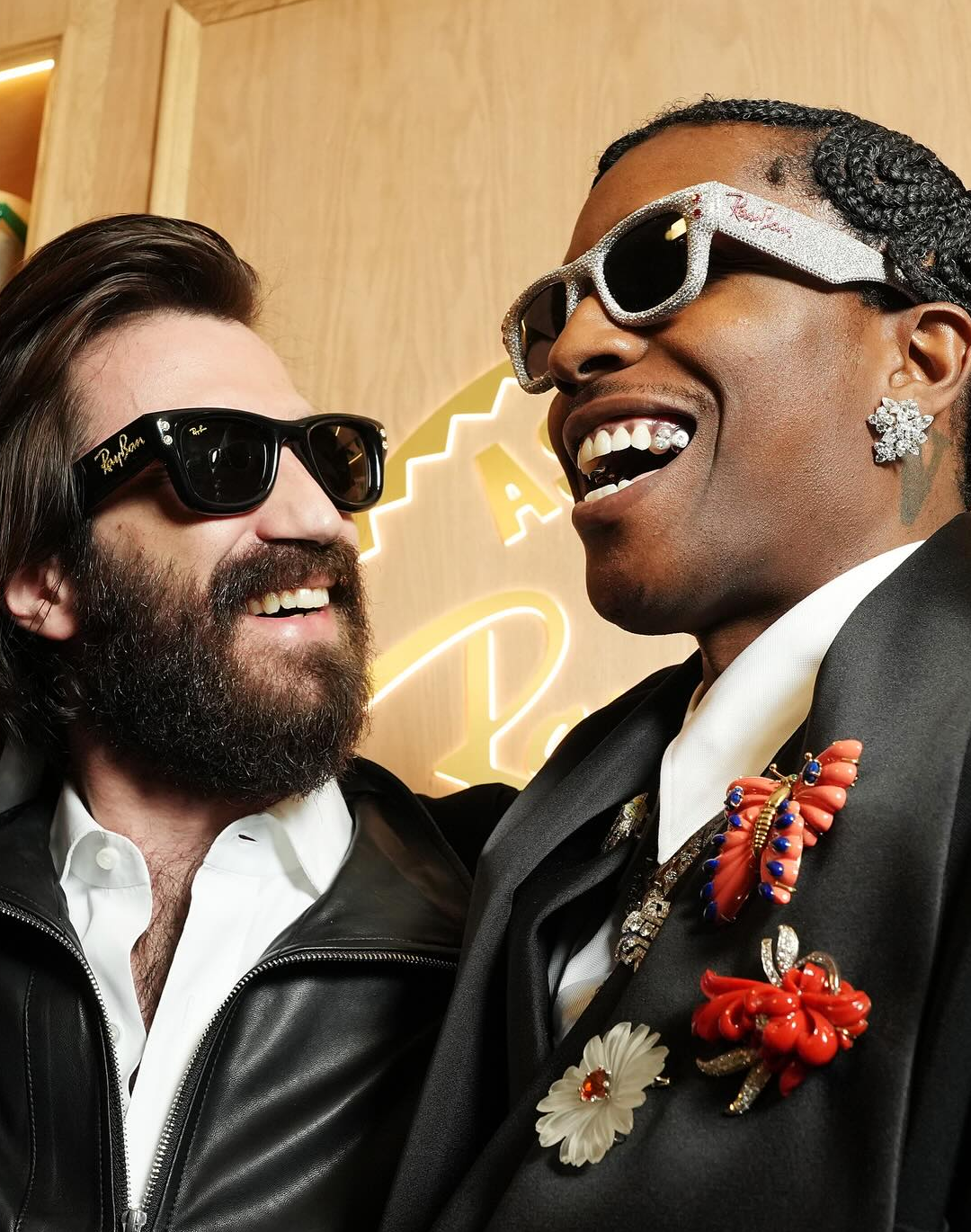
Bulgari to adopt LVMH blockchain technology A network to ensure the traceability of luxury products and donations for the fight against the Covid-19
In recent days, Bulgari has announced its membership in the AURA Blockchain Network – a platform presented last May by the LVMH Group at VivaTech that will allow the authentication and tracking of luxury goods. In the case of Bulgari, the blockchain system will also allow customers who will participate in one of the charitable initiatives initiated by the brand to follow, through a dedicated digital experience, the full path of their donations, up to their final beneficiary. At the moment, the brand's customers can contribute in two ways to Bulgari's fundraisers, either by purchasing Save The Children branded products or contributing to the Free Virus Fund established by the brand to support the efforts of science against Covid-19. The company has also developed a new strategy to reduce the environmental impact of its activities.
The AURA platform, unveiled last year by the LVMH Group in collaboration with Microsoft and ConsenSys, allows brand customers to trace the origins of the products they purchase and can also be used to safeguard the intellectual property of designers. Thanks to AURA's blockchain system, in fact, it is possible to obtain exact information about every stage of the product life cycle from the time of design, up to the use of raw materials, manufacturing and distribution and can also be used for instructions on product care, guarantees and the fight against counterfeiting. Among the brands that have already implemented this technology are, for example, Louis Vuitton and Christian Dior Parfums.
Why do brands want to adopt blockchain?
Blockchain technology offers brands the opportunity to achieve two goals with a single effort: the first is to safeguard their products and their exclusivity, avoiding the image damage caused by the counterfeit market; the second is to increase consumer loyalty, addressing the new needs of the public who, already a few years but especially after the pandemic, has become much more sensitive to the issues of transparency and sustainability. Blockchain is therefore a very useful tool for the luxury market as well as extremely flexible - but it still leaves all control in the hands of brands. In fact, it is the brands that decide what information to reveal and, in a sense, to maintain all their freedom of action while increasing the control they have over the life of the products after their sale.
Blockchain technology, however, also has advantages for another type of consumer: those of the secondary luxury market. According to estimates by ThredUp, the turnover of the resale market will reach 41 billion over the next two years. A general implementation of this technology would one day eliminate the problem of counterfeiting even on resell platforms, while also providing an easier guarantee to be verified remotely in case purchases, as often happens, take place remotely and without the seller and buyer interacting directly. AURA and blockchain applications are actually very extensive and, although the platform is designed for luxury products, there are development opportunities for individual retailers or independent brands as well.























































